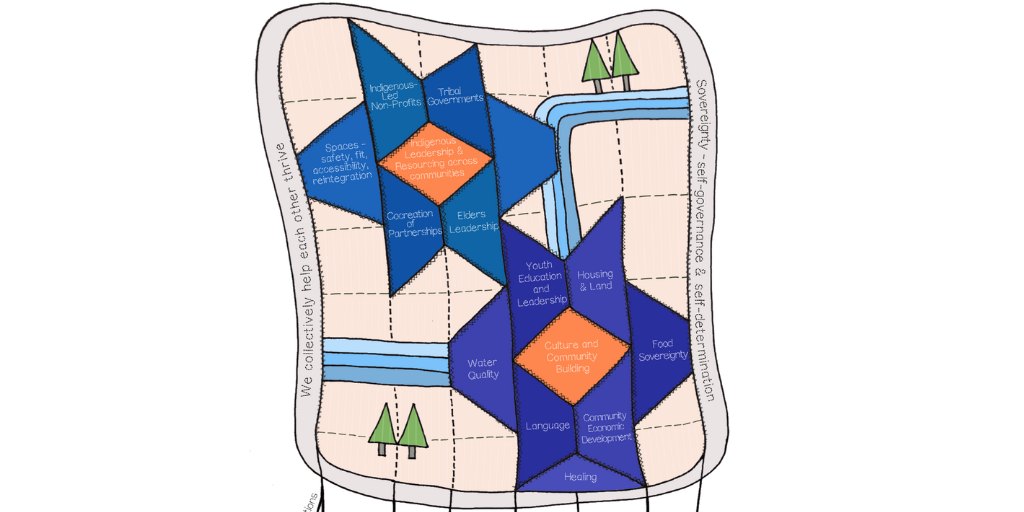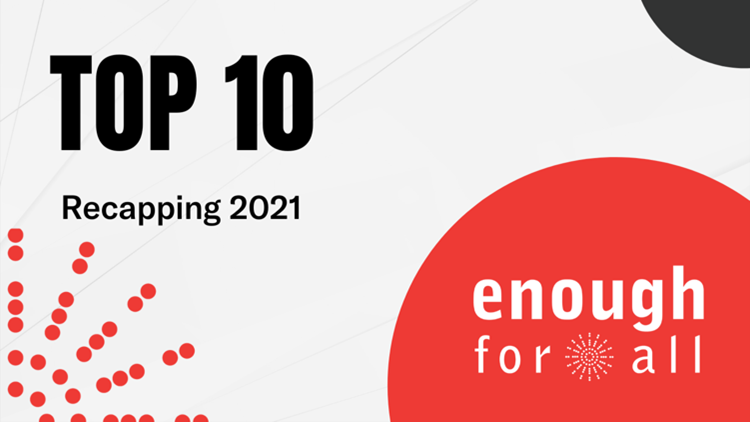 All throughout 2018 and into 2019, the Tamarack Institute has seen a large spike in interest in our Evaluation resources. This trend towards evaluating community change efforts is an encouraging one – it represents a move beyond programmatic interventions towards systems change, and how to evaluate the impact of our change efforts.
All throughout 2018 and into 2019, the Tamarack Institute has seen a large spike in interest in our Evaluation resources. This trend towards evaluating community change efforts is an encouraging one – it represents a move beyond programmatic interventions towards systems change, and how to evaluate the impact of our change efforts.
Mark Cabaj, a Tamarack Associate, has largely led our exploration of Evaluation and in his most recent offering, profiles the work of expert evaluator Ricardo Wilson-Grau and his book Outcome Harvesting: Principles, Steps, and Evaluation Applications. The book review introduces us to what Mark describes as “one of the most important evaluation methodologies to emerge in the field of social change and innovation in the last 20 years” – Outcome Harvesting.
The most meaningful distinction Wilson-Grau makes in his methodology is between the concept of impacts and outcomes. Impacts are end-states that changemakers work towards, such as reduced rates of poverty. Outcomes are the specific and incremental changes in behaviour that are required to reach that end-state. Focusing on outcomes allows the evaluator or social innovator to approach complex systems by analyzing discrete outcomes that are produced along the way, with each outcome analyzed in three ways:
- What was the outcome? (e.g. action, behaviour change)
- Why is the outcome significant?
- What was the contribution to the outcome?
Beyond introducing a new and fascinating evaluation lens, Outcome Harvesting: Principles, Steps, and Evaluation Applications provides a solid structure for implementing the methodology itself, along with practical tools, tips, and examples. Mark’s review is an approachable introduction to this new way of thinking, and Wilson-Grau’s book itself promises to be a rich source for inspiration for changemakers across North America and beyond.
Learn More:
- Read Mark's Book Review here
- Learn More about Outcome Harvesting: Principles, Steps, and Evaluation Applications
- Explore more Evaluation resources curated by Tamarack





